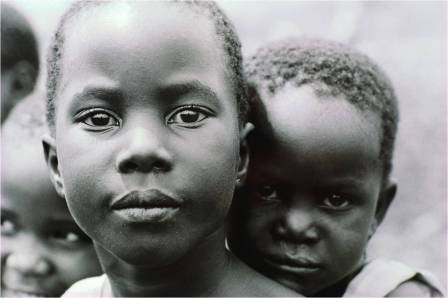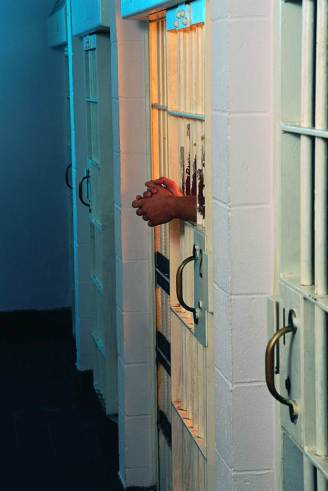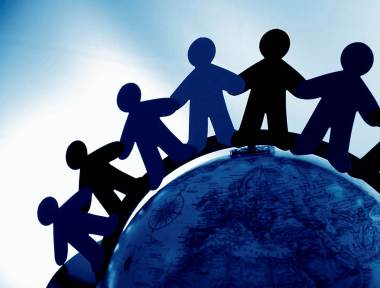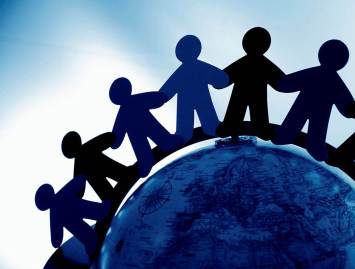Human Rights Day 2016
December 10, 2016, marks the sixty-eighth (68th) anniversary of the United Nations General Assembly adopting the (UDHR) in 1948.
As aptly stated on the ’s website, Human Rights Day presents an opportunity, every year, to ‘….celebrate human rights, highlight a specific issue, and advocate for the full enjoyment of all human rights by everyone everywhere…”
Some argue that the last four years have been remarkable in the area of human rights activism and there is a lot to celebrate – while there is a great deal that still needs to be done. There is no better moment to recommit ourselves to the work of those who came before us. It’s our turn to work to preserve human rights for our children and for all future generations.
This year, the spotlight is on the rights of all people — women, youth, minorities, persons with disabilities, indigenous people, the poor and marginalized — to make their voices heard in public life and be included in political decision-making.
These human rights — the rights to freedom of opinion and expression, to peaceful assembly and association, and to take part in government (articles 19, 20 and 21 of the Universal Declaration of Human Rights) have been at the centre of the historic changes in the Arab world over the past four years, in which millions have taken to the streets to demand change. In other parts of the world, the ninety-nine (“99%”) percent made their voices heard through the global protesting economic, political and social inequality.
To help celebrate International Human Rights’ Day, it is important for each of us to join the global conversation and join the human rights movement. Join the Office of the United Nations High Commissioner for Human Rights (OHCHR) and United Nations Association of the of America, in celebrating the many accomplishments of the last four years and the work we still have ahead of us.
Source(s): United Nations.
Photo Credit: Microsoft Clip Art
World AIDS Day 2016
is an opportunity for people worldwide to unite in the fight against HIV.
Over the past quarter-century, twenty-five (25) million lives have been lost to HIV/AIDS, but remarkable strides have also been made in halting the disease’s progression.
Only 28 percent of the 1.2 million living with HIV have the infection under control, increasing the risk that they will spread the disease to others, U.S. health officials said Tuesday. One in five U.S. adults infected with HIV are not aware that they have the virus.
For years, people can be infected with the AIDS virus without manifesting symptoms. Of those who are aware, only half receive ongoing medical care and treatment for the illness, the U.S. Centers for Disease Control and Prevention (CDC) said in its latest report on HIV in America.
Fortunately, HIV/AIDS is preventable. Nevertheless, each year, HIV/AIDS continues to destroy countless lives. HIV/AIDS takes the greatest toll among African-Americans, Latinos and MSM of all races. Fighting the spread of HIV and AIDS has been an uphill battle for over 30 years. This disease has disproportionately affected the black community.
One in sixteen African American men and one in thirty-two African American women will be diagnosed with HIV during their lifetime. The rate of new infections among blacks is seven times the rate among whites. Among Hispanics, the rate of new HIV infections is three times as high as that among whites. And according to a recent CDC analysis, the HIV diagnosis rate among MSM is forty-four (44) times that of other men.
One out of four HIV cases in our nation are among women and girls, thirteen years of age and older; and two out of three of these women and girls are African-American. “Socioeconomic and cultural factors—including poverty, discrimination, and inadequate access to health care, among others—often render black women more vulnerable to HIV than other racial/ethnic groups.
Many women of color are paralyzed by fear—of being stigmatized, of abandonment by their partners, and of deportation by immigration authorities. Fear of being stigmatized by HIV/AIDS appears to have at least some relationship to people’s decisions about whether or not to get tested for HIV. But most important for women of color who are often the family caregiver and breadwinner, they are afraid of their families’ reactions to either their HIV status or disclosure of sexual orientation.
What we know about the social and cultural impact on Black women’s lives is that HIV-related stigma and denial regarding how the disease is spread, particularly among self-identified heterosexuals who are positive, and stigmatization about the disease remains an enormous barrier to effectively fighting the epidemic.”
Given these grim statistics, this pressing public health issue challenges each of us to be “our sisters’ keepers.” This World AIDS Day, you can choose to make a difference in the lives of others. Toward that end, take action in the fight against HIV and raise awareness of its impact on women and girls. Get tested. Encourage every female within your sphere of influence to be tested for HIV/AIDS. Additionally, you can plan or support HIV prevention efforts in your community.
The fight against HIV and AIDS is a fight we can one day win. We must work together to end this insidious epidemic and eradicate this disease. With an equal amount of conscience, mind, heart, and collective action, each of us can educate members of our community about the HIV/ and the importance of knowing your HIV status. For further information about HIV/AIDS, visit the Centers for Disease Control’s website at http://www.cdc.gov.
Source(s): . Centers for Disease Control & Prevention (CDC), HIV Surveillance Report: Diagnoses of HIV infection and AIDS in the United States and Dependent Areas, 2009.; Evaluate website. Act Against AIDS Leadership Initiative (AAALI). , “Few Americans With HIV Have Under Control”, November 29, 2011.
Photo Credit: Microsoft Clip Art










